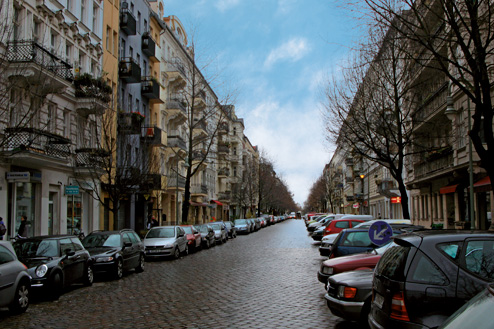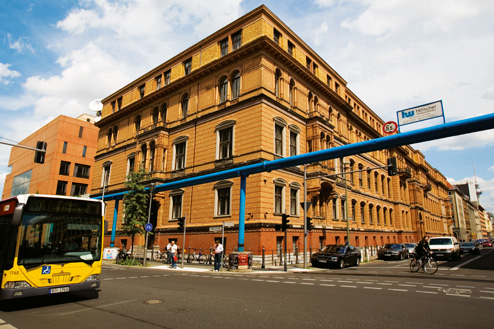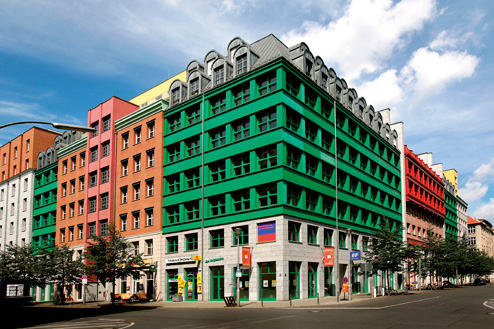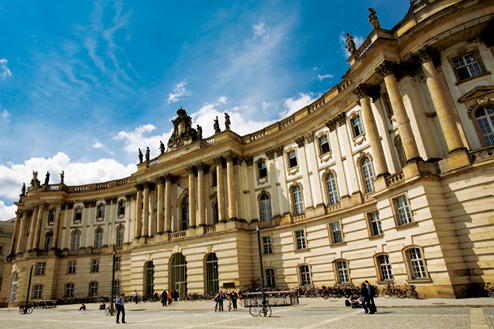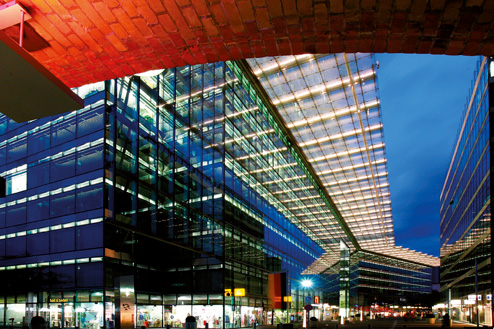Working In Berlin
Foreign workers are nothing out of the ordinary for Berlin. Because Germany is a global diplomatic bulwark and one of the world’s biggest economies, the city is awash with foreign diplomats, journalists and lobbyists. The city is home to one of the biggest Turkish populations outside Istanbul and has vast communities of citizens from neighbouring eastern European countries. About 15% of Berlin’s population boasts passports from other countries and a third of some neighbourhoods learned German as a second language.
But the city also suffers from double-digit unemployment, a relic from the absorption of the former East Germany. Many natives have spent a good portion of their life on government social programmes. Since worrying about the plight of these Germans is practically a hobby for Berliners, job hunting as a foreigner can prove difficult. Compounding the problem is the city’s long existence as an island. No major German companies are based in Berlin and only a handful of foreign businesses have selected the city for their German operations since the Wall came down more than 15 years ago.
If your company isn’t transferring you here, you or your prospective employer will have to prove you possess a skill a German doesn’t. This can sometimes be as simple as fluency in a foreign language, but not always. The German labour system is based on workers that choose their career early, undergo some form of training and internship and then stay with that job until retirement. Because of this, employers don’t trust applicants who haven’t spent their entire life preparing for a specific job. In addition, many trades such as carpenters and electricians are governed by guilds with strict career tracks.
Despite guild protections, manual labour is always in demand at the many building sites around town. Bars and cafes have also proven popular among expats who need to earn some spending money while soaking up Berlin’s vibes. Then there’s tourism: one of the biggest industries in the city. It seems tour guides in a variety of languages are always in demand, though poorly paid. The city’s cheap rents have made Berlin the creative capital of Germany. Although jobs in music, advertising and graphic arts are plentiful, competition is steep.
But the city also suffers from double-digit unemployment, a relic from the absorption of the former East Germany. Many natives have spent a good portion of their life on government social programmes. Since worrying about the plight of these Germans is practically a hobby for Berliners, job hunting as a foreigner can prove difficult. Compounding the problem is the city’s long existence as an island. No major German companies are based in Berlin and only a handful of foreign businesses have selected the city for their German operations since the Wall came down more than 15 years ago.
If your company isn’t transferring you here, you or your prospective employer will have to prove you possess a skill a German doesn’t. This can sometimes be as simple as fluency in a foreign language, but not always. The German labour system is based on workers that choose their career early, undergo some form of training and internship and then stay with that job until retirement. Because of this, employers don’t trust applicants who haven’t spent their entire life preparing for a specific job. In addition, many trades such as carpenters and electricians are governed by guilds with strict career tracks.
Despite guild protections, manual labour is always in demand at the many building sites around town. Bars and cafes have also proven popular among expats who need to earn some spending money while soaking up Berlin’s vibes. Then there’s tourism: one of the biggest industries in the city. It seems tour guides in a variety of languages are always in demand, though poorly paid. The city’s cheap rents have made Berlin the creative capital of Germany. Although jobs in music, advertising and graphic arts are plentiful, competition is steep.

